As the world grapples with the growing problem of plastic pollution, more and more states are taking action to reduce the use of single-use plastics. Pennsylvania, known for its beautiful natural landscapes and rich biodiversity, is among the states considering a ban on single-use plastic.
The push to ban single-use plastic in Pennsylvania comes as no surprise, given the alarming statistics surrounding plastic pollution. Each year, millions of tons of plastic waste end up in our oceans, harming marine life and ecosystems. It’s a problem that can no longer be ignored, and Pennsylvania is stepping up to the challenge.
The proposed legislation aims to ban common single-use plastic items such as straws, plastic bags, and polystyrene foam containers. These items are often used for just a few minutes before being discarded, but can take hundreds of years to decompose.
Supporters of the ban argue that it will not only help protect the environment, but also promote the development of more sustainable alternatives. By reducing our reliance on single-use plastics, we can encourage the use of reusable and biodegradable materials, creating a more sustainable future for Pennsylvania and beyond.
While the ban has yet to be officially enacted, there is growing momentum and support for the legislation. Environmental organizations, businesses, and individuals are all working together to raise awareness and advocate for the ban. Stay tuned for the latest updates and news on Pennsylvania’s journey to ban single-use plastic.
- Is Pennsylvania Banning Single-Use Plastic?
- Environmental Benefits of the Ban
- Challenges and Opposition
- Overview of the Issue
- Current Proposals and Legislation
- Challenges and Opposition
- Current State of Legislation
- Key Provisions of the Plastic Pollution Prevention Act
- Next Steps
- Environmental Impact of Single-Use Plastic
- Question-answer:
- Is Pennsylvania planning to ban single-use plastic?
- What is the reason behind Pennsylvania’s decision to ban single-use plastic?
- When will Pennsylvania’s ban on single-use plastic come into effect?
- What types of single-use plastic will be included in the ban?
- Are there any exemptions to Pennsylvania’s single-use plastic ban?
- Has Pennsylvania banned single-use plastic?
Is Pennsylvania Banning Single-Use Plastic?
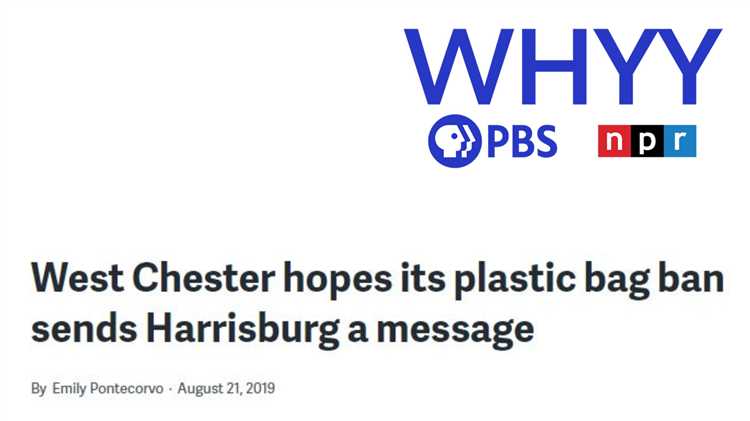
Pennsylvania is currently considering a ban on single-use plastic products in an effort to reduce plastic waste and protect the environment. This move comes as many other states and countries around the world have implemented similar bans or restrictions on plastic usage.
The proposed ban in Pennsylvania would prohibit the sale and distribution of certain single-use plastic items, such as plastic bags, straws, and styrofoam food containers. These products are known to have a significant negative impact on wildlife and ecosystems, as they often end up in landfills or pollute waterways.
Environmental Benefits of the Ban
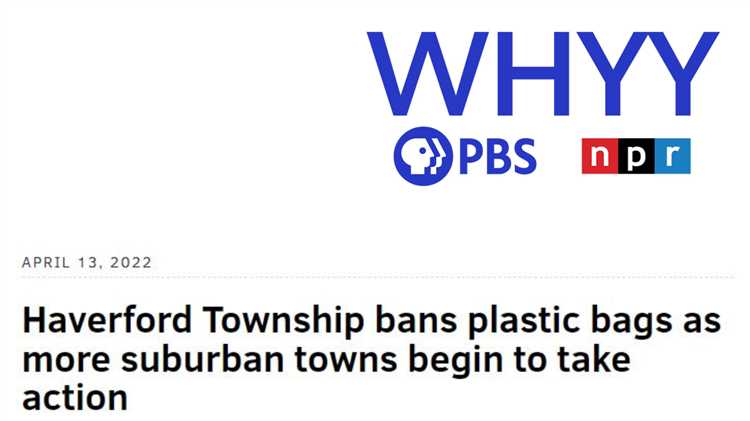
If Pennsylvania were to implement a ban on single-use plastic, it would have several positive environmental effects. Firstly, it would reduce the amount of plastic waste that ends up in landfills, which take hundreds of years to decompose. By reducing plastic waste, the state can also reduce the greenhouse gas emissions associated with the production and disposal of plastic products.
Additionally, the ban would help protect marine life and ecosystems. Many marine animals mistake plastic items for food and ingest them, leading to injury or death. By reducing the amount of plastic pollution in waterways, the ban would help safeguard these vulnerable species and habitats.
Challenges and Opposition
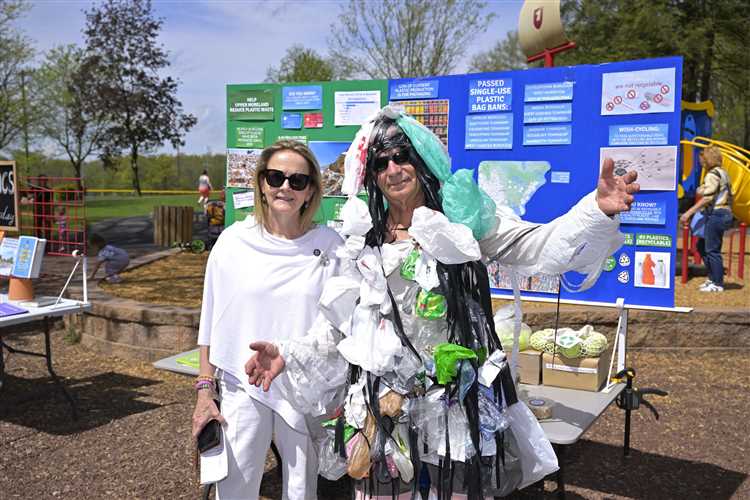
While the ban on single-use plastic has received support from environmental advocates and some lawmakers, it has also faced opposition. Critics argue that the ban would negatively impact businesses and that it is the responsibility of individuals, not the government, to reduce their plastic usage.
However, proponents of the ban argue that businesses have the opportunity to adapt and find alternative, more sustainable materials for their products. They also point out that individual actions alone cannot solve the plastic pollution problem and that government intervention is necessary to create lasting change.
| Pros of the Pennsylvania Single-Use Plastic Ban | Cons of the Pennsylvania Single-Use Plastic Ban |
|---|---|
| – Reduce plastic waste and pollution | – Potential negative impact on businesses |
| – Protection of wildlife and ecosystems | – Responsibility of individuals, not government |
| – Reduction in greenhouse gas emissions |
Overall, while there are debates and challenges surrounding the ban on single-use plastic in Pennsylvania, there is a growing recognition of the need to take action to reduce plastic waste and protect the environment. The outcome of these discussions will determine the future of single-use plastic in the state.
Overview of the Issue
The state of Pennsylvania has been considering measures to address the issue of single-use plastic waste. Single-use plastics, such as plastic bags, straws, and bottles, contribute to pollution and harm to the environment. In recent years, there has been a growing concern about the impact of these plastics on ecosystems, wildlife, and human health.
Many other states and countries have already taken steps to ban or restrict the use of single-use plastics in order to reduce waste and encourage the use of more sustainable alternatives. Pennsylvania is now joining this trend and exploring the possibility of implementing similar measures.
Current Proposals and Legislation
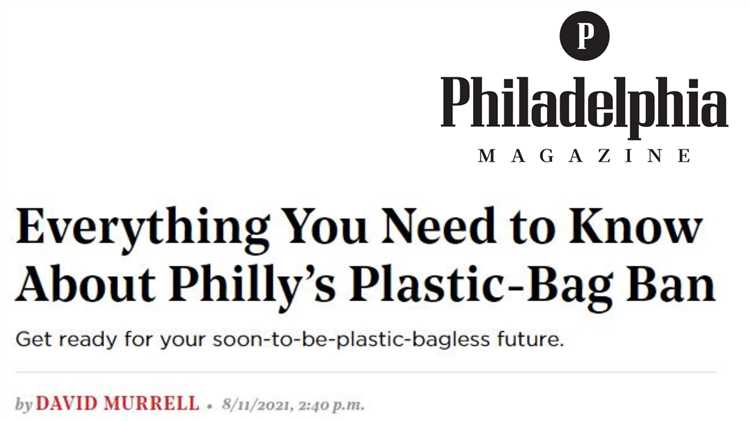
Several bills have been introduced in the Pennsylvania General Assembly that aim to address the issue of single-use plastics. These bills vary in their scope and approach, but they all share the common goal of reducing plastic waste and promoting more sustainable practices.
One of the key proposals is to ban single-use plastic bags at retail stores throughout the state. This would encourage consumers to bring their own reusable bags or opt for paper bags instead. Some bills also aim to restrict the use of plastic straws and foam containers in food establishments.
Advocates for these measures argue that they will help to reduce litter, protect wildlife, and promote a cleaner environment. They also believe that the use of more sustainable alternatives will create new opportunities for businesses and spur innovation in the industry.
Challenges and Opposition
While there is growing support for banning single-use plastics in Pennsylvania, there are also challenges and opposition to these measures. Some argue that a ban on plastic bags or other single-use items would inconvenience consumers or hurt businesses that rely on them.
There are concerns about the economic impact of a plastic ban and the potential need for alternative materials and products that are more expensive or less readily available. Additionally, some opponents argue that individual responsibility and education are more effective ways to address the issue of plastic waste.
Nevertheless, the push for banning single-use plastics continues to gain momentum in Pennsylvania. Supporters of these measures believe that the benefits to the environment and public health outweigh any potential challenges or opposition.
Current State of Legislation
The state of Pennsylvania is currently considering legislation to ban single-use plastic items in an effort to reduce waste and protect the environment. The proposed bill, known as the Plastic Pollution Prevention Act, aims to prohibit the distribution and sale of certain plastic products, including plastic bags, straws, and foam containers.
If passed, the Plastic Pollution Prevention Act would make Pennsylvania the latest state to take action against single-use plastics. Several other states, including California, New York, and Hawaii, have already implemented similar bans or restrictions on these products.
Key Provisions of the Plastic Pollution Prevention Act
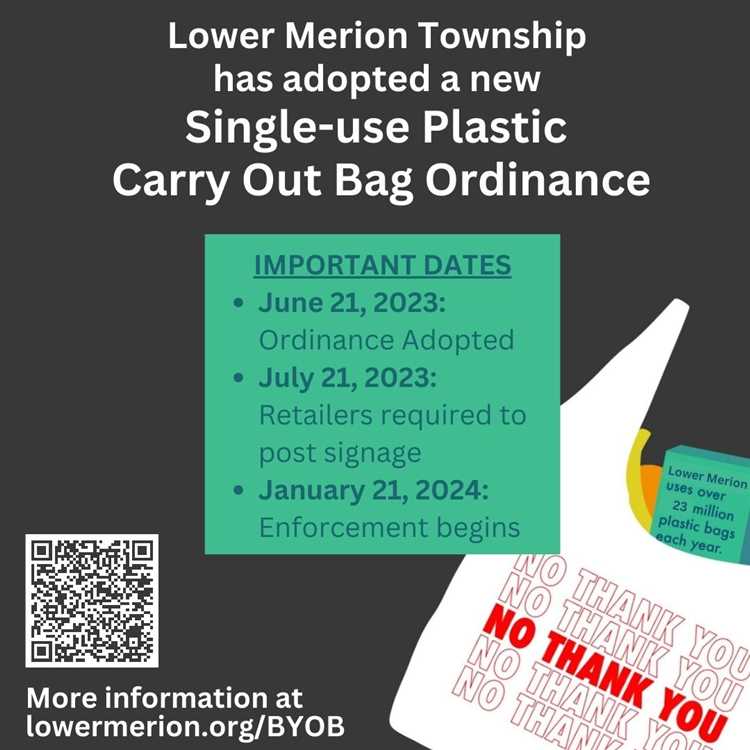
The Plastic Pollution Prevention Act includes a number of key provisions aimed at reducing plastic waste. Some of the main provisions of the bill include:
| Provision | Description |
|---|---|
| Ban on single-use plastic bags | The bill would prohibit retailers from distributing single-use plastic bags to customers at the point of sale. Customers would be encouraged to bring their own reusable bags or pay a small fee for alternative options. |
| Restrictions on plastic straws | The legislation would restrict the distribution of plastic straws, allowing them to be provided only upon request. This provision aims to reduce the unnecessary use of plastic straws. |
| Phase-out of foam containers | The bill includes a phased approach to phasing out foam containers, giving businesses time to find alternative packaging options. Foam containers have been found to be particularly harmful to the environment due to their lack of recyclability. |
Supporters of the Plastic Pollution Prevention Act argue that these measures are necessary to combat the increasing amount of plastic waste in the state. They cite the negative impact of single-use plastics on wildlife, ecosystems, and public health as the driving force behind the need for action.
Opponents of the legislation, however, claim that banning single-use plastics would impose an unnecessary burden on businesses and consumers. They argue that alternative materials may have their own negative environmental impacts, and that education and recycling efforts should be prioritized instead.
Next Steps
The Plastic Pollution Prevention Act is currently being reviewed by the Pennsylvania state legislature. If the bill passes, it would likely be implemented gradually, allowing businesses and consumers time to adjust to the new regulations.
Advocates for the ban are hopeful that the legislation will receive widespread support and that Pennsylvania can join the growing list of states taking action to reduce plastic waste. However, it remains to be seen how the bill will fare in the legislative process and what the final version of the law will look like.
Environmental Impact of Single-Use Plastic
Single-use plastic items have a significant negative impact on the environment. These items are designed to be used only once before being discarded, which leads to a high production rate and a large amount of waste generated. The environmental consequences of single-use plastic include:
| Pollution: | Single-use plastic items, such as bags, bottles, and straws, are commonly found littered in natural environments, like oceans and forests. This pollution poses a serious threat to wildlife, as animals often confuse plastic with food and can become entangled in it. |
| Landfill Overflow: | The disposal of single-use plastic items contributes to overflowing landfills. Plastic takes hundreds of years to decompose, so it continues to occupy space in landfills for an extended period, affecting the overall capacity and efficiency of waste management systems. |
| Greenhouse Gas Emissions: | The production and incineration of single-use plastic items release greenhouse gases into the atmosphere. These gases, such as carbon dioxide and methane, further contribute to climate change and global warming. |
| Microplastic Contamination: | Single-use plastic can break down into smaller pieces known as microplastics. These microplastics are often found in water sources, such as rivers and oceans, and can be ingested by marine life. This contamination can then enter the food chain, ultimately posing a risk to human health. |
| Resource Depletion: | The production of single-use plastic items, which are primarily made from fossil fuels, contributes to the depletion of natural resources. This extraction and processing of resources have significant environmental impacts, including habitat destruction and water pollution. |
Given the severe environmental consequences associated with single-use plastic, it is essential for governments, businesses, and individuals to take action to reduce their usage and promote sustainable alternatives.
Question-answer:
Is Pennsylvania planning to ban single-use plastic?
Yes, Pennsylvania is indeed planning to ban single-use plastic.
What is the reason behind Pennsylvania’s decision to ban single-use plastic?
The main reason behind Pennsylvania’s decision to ban single-use plastic is to reduce plastic waste and its environmental impact.
When will Pennsylvania’s ban on single-use plastic come into effect?
Pennsylvania’s ban on single-use plastic is set to come into effect on January 1, 2022.
What types of single-use plastic will be included in the ban?
The ban will include items such as plastic bags, disposable plastic straws, and plastic foam containers.
Are there any exemptions to Pennsylvania’s single-use plastic ban?
Yes, there are some exemptions to the ban, such as certain medical and sanitary products, and plastic bags used for certain purposes like packaging raw meat.
Has Pennsylvania banned single-use plastic?
No, Pennsylvania has not banned single-use plastic. However, there have been discussions about implementing a ban on plastic bags and straws.